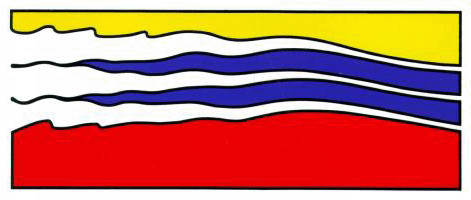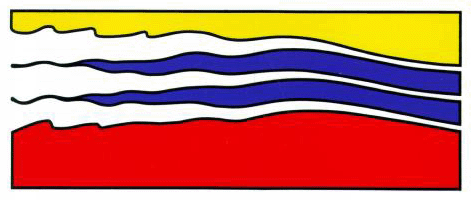
4111 Monarch Way, 3rd Floor
Old Dominion University
Norfolk, VA 23508
757-683-4940


Atlantis is a whole-ecosystem simulation and a management
strategy evaluation --- simulating the fisheries (or other industries)
monitoring, assessment, management, and implementation processes, along
with their various feedbacks on simulated Bay populations. The model
integrates spatially-explicit information about the geochemical,
biological, and physical factors that drive the ecosystem. The approach
is designed to provide resource managers with science-based predictions
for different management choices within an ecosystem context. Atlantis
facilitates direct comparison of tradeoffs in various ecosystem services
among different management scenarios, and quantifies relationships
between habitat and fisheries resources. In this presentation, I will
describe the basic model framework and then describe the application
currently being developed for the Chesapeake Bay, referred to as the
"Chesapeake Atlantis Model" (CAM). Extensive sensitivity analyses are
planned for CAM, but once the model is perceived useful in capturing and
predicting essential Bay dynamics, it should be a valuable tool for
identifying critical information gaps, for assisting managers in
prioritizing research, for providing supplementary information that
complements traditional single-species stock assessment, and for
research scientists in testing and generating research hypotheses about
the Chesapeake Bay ecosystem and its populations. Information on CAM is
available
at: http://chesapeake.noaa.gov/ecosystem-modeling/chesapeake-atlantis-model- .
Dr. Ihde is leading the NOAA Chesapeake Bay Office's Ecosystem Modeling Team's effort to develop a spatially-explicit ecosystem-based fisheries management model for the Chesapeake Bay and its watershed using the Atlantis modeling approach. He earned his Ph.D. in the stock assessment of marine crustacean fisheries and his M.S. in marine science from the Virginia Institute of Marine Science at the College of William & Mary, and he has worked extensively on fisheries surveys in the Chesapeake Bay. His post-doctoral work at the University of Maryland's Chesapeake Biological Lab centered on the development of a new management process to effectively incorporate stakeholder knowledge and preference into the council-based fisheries management process of the US.

|
Innovation Research Park Building I 4111 Monarch Way, 3rd Floor Old Dominion University Norfolk, VA 23508 757-683-4940 |

|